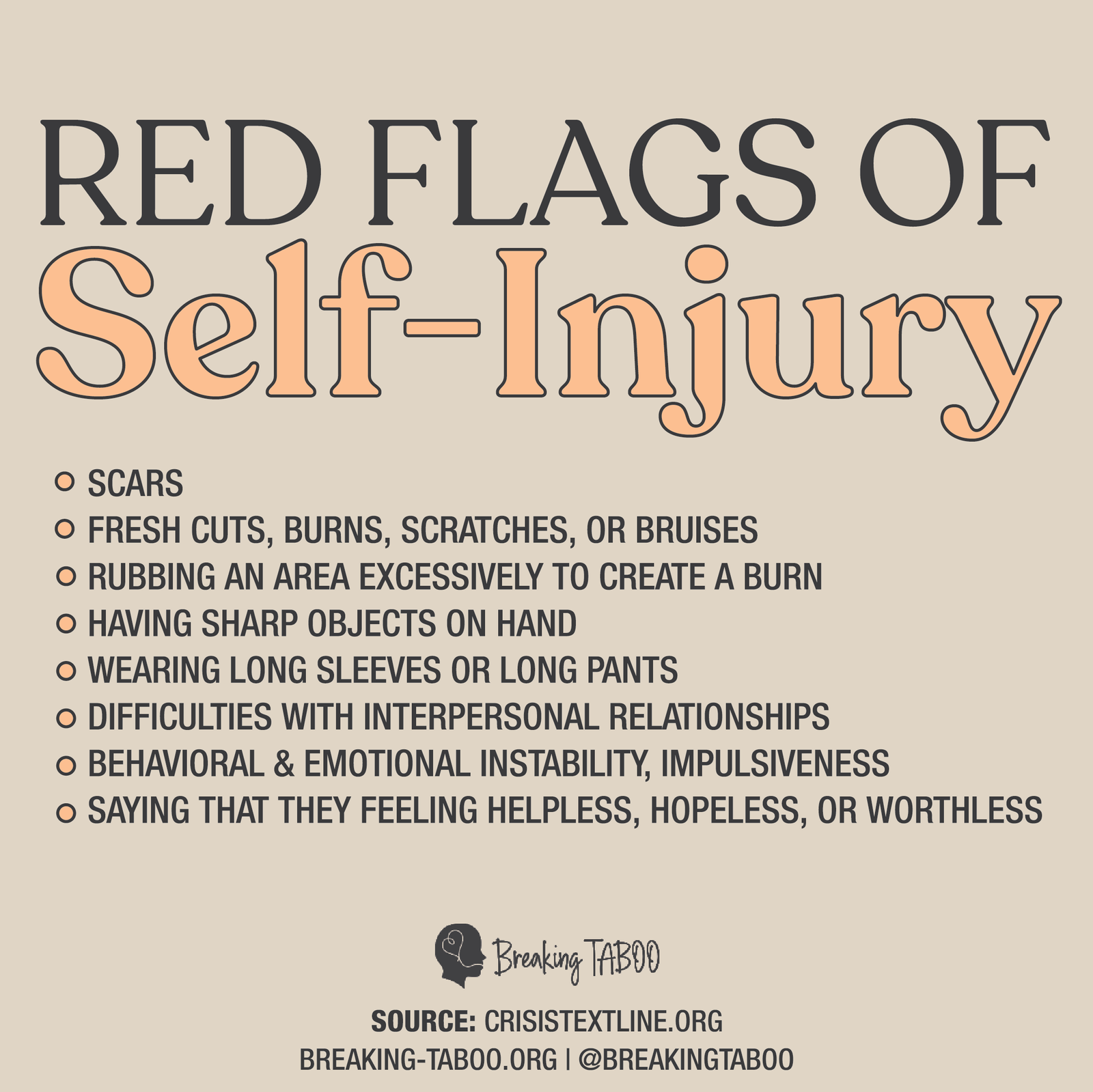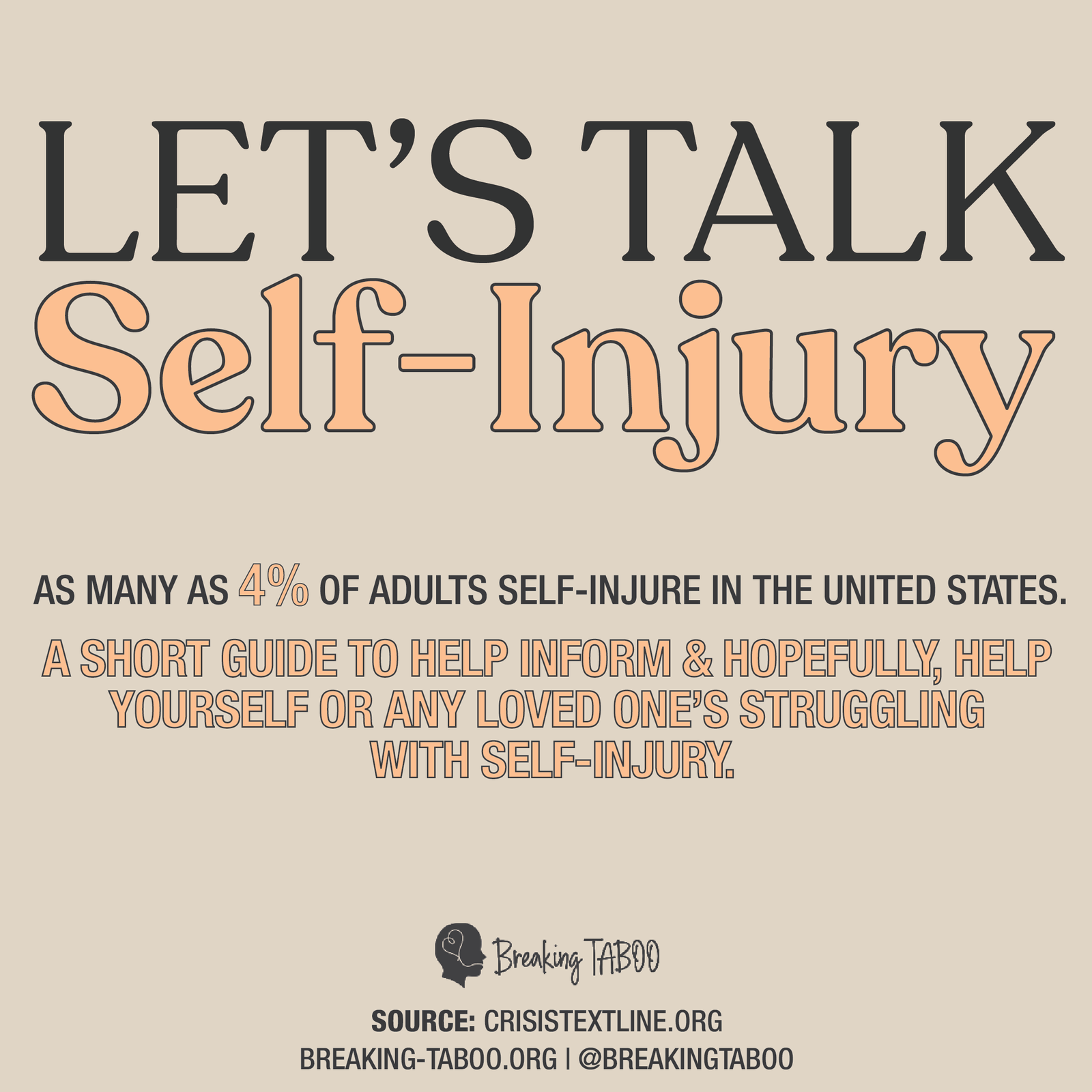Not only is 2020 the start of a new decade but it’s also the start of a lot of new promises. But how long will those promise to be kept? How long before you go back to taking the elevator instead of the stairs? How long before you chose that sugary beverage over the detox water?
The goal in life should be to create healthy habits from small attainable goals rather than open statements such as “I want to lose weight” or “I want to be happy.”
If your new year’s resolution wasn’t successful and now you are wondering what next? It’s okay to start from scratch and set new goals. There are long-term goals, short- term goals and “SMART goals:”
Specific- What do you want to happen?
Measurable- How will you know that you accomplished what you wanted to do?
Attainable- Is this goal something you can really accomplish?
Realistic- Is your goal too hard or too easy to achieve?
Timely- Do you have a definite time frame to complete your goal?
For example, in the instance of setting a fitness goal.
Specific- Yes, your goal is to get fit but how? Would you like to start by going to the gym and lifting weights, by going for a walk, or by playing a sport?
Measurable- Are you hoping to run a mile without stopping or are you hoping to walk at least 10,000 steps per day? Will you increase the amount of weights you are lifting if so, by much over what time?
Attainable- Don’t commit to working out every day when you know you have a busy schedule. Start off with 2-3 days out of the week for 20-30 minutes and increase.
Realistic- If you’ve never lifted weights in your life don’t go in and start lifting 50 pounds the first day. Start off slow and steady with smaller weights and increase overtime.
Timely- Set up a schedule and include days off. Plan for long term goals instead of a quick fix.
Fitness goal examples:
– I will walk around the building during my lunch break for 30 minutes Monday – Friday.
– I will take my dog for a walk on Saturday and Sunday mornings.
You should learn to be kind to your body, your mind and yourself overall. It’s okay if you did not start of January 1st at the gym or you continued to eat leftover pie. The goal is to break the taboo about being tied to a New Year to become a New You.
Learn to set healthy and attainable goals that will benefit you in the long run. Learn to write your goals out on paper instead of as a status update. Learn to talk about your goals with your loved ones. Your loved ones might want the same changes but may lack the motivation to start.
Your goals should excite you! Use apps on your phone to remind you, start a group meetup to have a strong support system but start somewhere regardless of new year or not.
` Jasneelam Kaur




